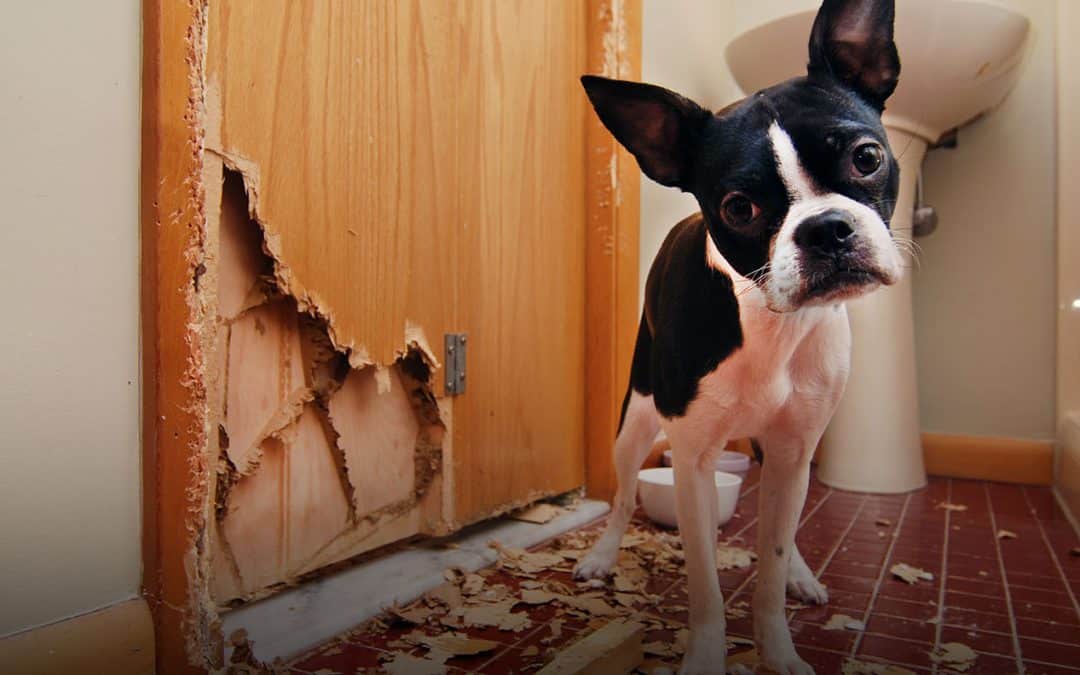If you’re one of many homeowners that heats their property with heating oil, you may be wondering if your homeowner’s insurance covers leaks and property damage.
Over time, an oil tank is susceptible to rust buildup and corrosion. This can lead to an oil leak which can not only emit harmful toxins, but cause the oil to seep into your home and surrounding property leaving you a costly cleanup bill.
Heating oil spills inside your home can damage many things, such as:
- Contaminate wells used for drinking water and irrigation and your ground water
- It can enter the soil in and around your home potentially contaminating storm/sanitary sewers, surface water, and drainage ditches
- Destroy the helpful bacteria found in septic systems, requiring that the full septic system be replaced
Each of these problems can cost a homeowner thousands, or even hundreds of thousands, of dollars to correct. Working with your home heating oil delivery company to identify issues in advance is key. Here are few things to check or ask your home heating oil delivery company inspect:
- Have your fuel delivery company check the condition of your tank and lines on a regular basis – once a year at a minimum
- Regularly watch your fuel consumption year over year and compare it to past seasons
- All oil lines between the tank and the furnace should be regularly inspected. All pipe connections should be clean and leak free. Even a slow drip is potentially hazardous
- Ensure you know how much oil your tank will hold and how often you should order from your oil delivery company
- Make sure the delivery company can easily see and access the fill pipe
- Consider upgrading your tank system or converting to an alternative fuel
Most insurance carriers base homeowner policies don’t cover damage to your home or personal property after an oil leak. In certain states, MAPFRE offers optional fuel spill coverage to eligible policyholders that provides up to $100,000 for damage to your home and personal possessions resulting from an oil spill and in addition, up to $300,000 for environmental clean up to prevent ground water contamination and other pollution damage. The total cost of this coverage is $89 per year, less than 25 cents per day for total peace of mind.
In addition to reviewing your homeowner’s policy, make sure you monitor your oil tank to prevent potential disasters. To do this, keep an eye out for contaminated soil or water and be aware of the smell of fuel. It’s also recommended that you get your oil tank inspected every few years. If you’re unsure whether this coverage is available in your state and/or is included in your policy, reach out to your independent agent or contact MAPFRE directly to review your situation.



